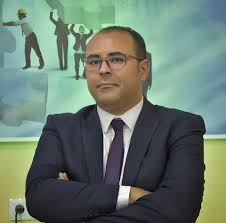في هذه الحلقة من برنامج حديث الثلاثاء، نستعرض مستجدات مشروع قانون المالية لعام 2025، الذي يأتي في ظل سياق اقتصادي أكثر إيجابية مقارنة بالسنوات الماضية، مع انخفاض معدلات التضخم واستقرار أسعار المواد الأساسية. بصحبة ضيفنا بدر الزاهر الأزرق، سنقدم قراءة تحليلية لهذا السياق وللفرضيات التي بُني عليها المشروع. كما سنتناول التأثيرات المتوقعة لهذا القانون على الاقتصاد الوطني واستدامة المالية العامة.
Speakers

Badr Mandri
Economist
Badr Mandri is an Economist who joined Policy Center for the New South after two years’ experience at the Moroccan national statistics office (HCP, High Commission for Planning). His research activities focus on development macroeconomics especially on fiscal policy and development financing. Badr Mandri holds a master’s degree in applied economics, and is currently a PhD student at Mohamed V University in Rabat;
...

Badr Zaher AL Azrak
Enseignant chercheur en droit des affaires, expert en réforme portuaire, Université Hassan II de Casablanca
...




